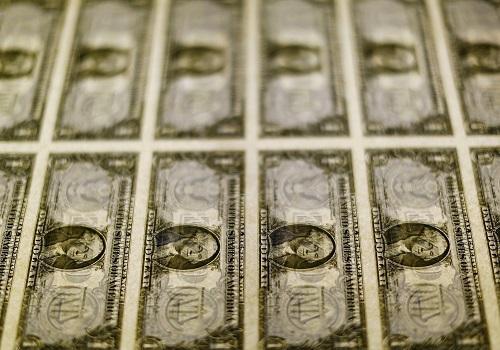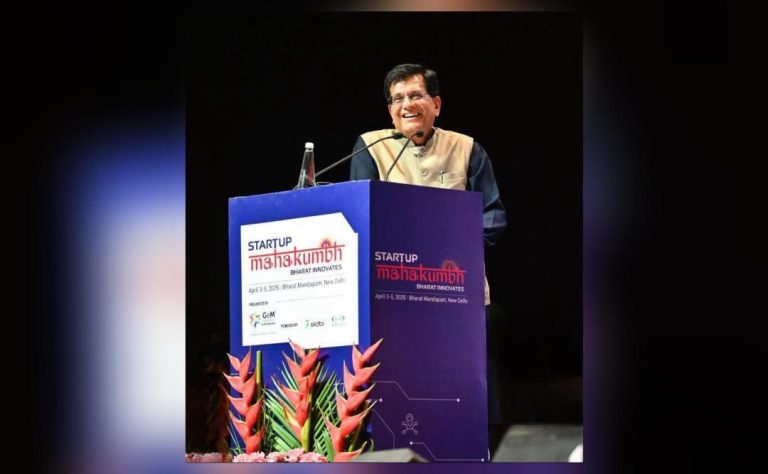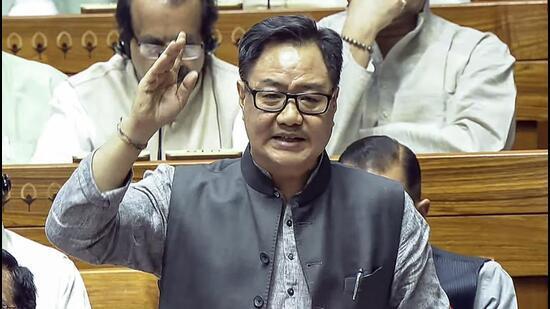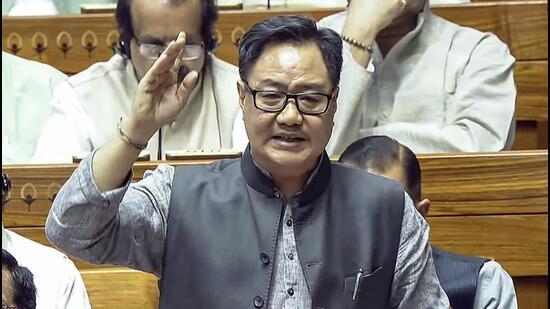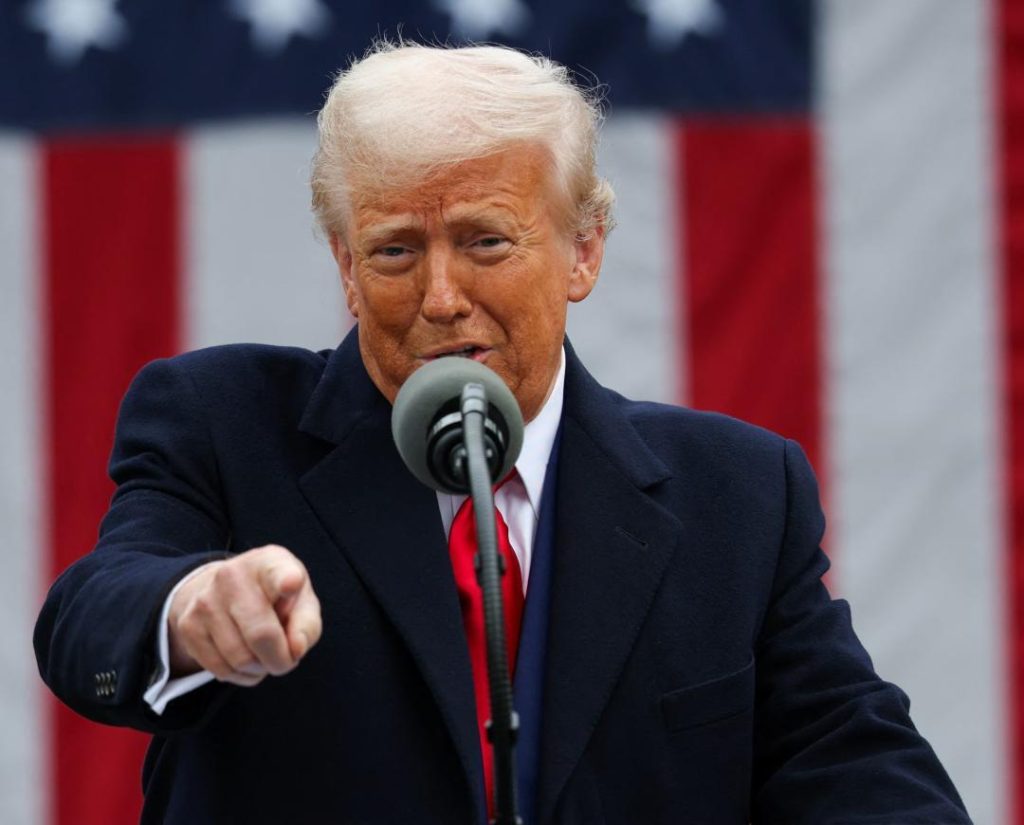
Which Goods & Items are Exempt from Trump’s New Tariffs?
On April 2, US President Donald Trump announced a reciprocal tariff on imported goods, which has been met with widespread concern by businesses and individuals worldwide. The tariffs, which aim to reduce the trade deficit and promote American industries, have been a contentious issue, with many countries, including India, scrambling to understand the scope and implications of the new policy.
While the tariffs will affect a wide range of goods, including steel, aluminum, copper, and semiconductors, not all products have been included in the list. Certain commodities have been kept out of the ambit of the tariffs, much to the relief of countries that rely heavily on these exports. In this blog post, we will explore which goods and items are exempt from Trump’s new tariffs.
Pharmaceuticals
One of the significant exemptions from Trump’s tariffs is pharmaceuticals. India, in particular, has been breathing a sigh of relief, as pharmaceutical products constitute nearly $9 billion worth of exports from the country. The exemption is a significant win for Indian pharma companies, which have been facing increased competition from generic medicines in the US market.
Bullion (Physical Gold and Silver of High Purity)
Bullion, including physical gold and silver of high purity, is another commodity that has been exempt from the tariffs. This is likely due to the fact that gold and silver are considered precious metals and are not subject to the same trade regulations as other commodities.
Energy
Energy products, including crude oil, natural gas, and petroleum products, have also been exempt from the tariffs. This is a significant relief for countries that rely heavily on energy imports from the US, including India, which is the third-largest importer of energy products globally.
Minerals Not Available in the US
Certain minerals, such as lithium, cobalt, and rare earth minerals, which are not available in sufficient quantities within the US, have been exempt from the tariffs. This is likely due to the fact that the US is heavily reliant on imports of these minerals, particularly from countries like China, Australia, and Brazil.
Copper
Copper, a key commodity used in a wide range of industries, including construction, manufacturing, and electronics, has also been exempt from the tariffs. Copper is one of the most widely traded metals globally, and the exemption is likely to ease concerns among copper producers and consumers.
Steel and Aluminum
Interestingly, steel and aluminum, which are among the primary targets of Trump’s tariffs, have also been partially exempted. While the tariffs will still apply to steel and aluminum imports from certain countries, including China, Canada, and Mexico, other countries, including Australia, South Korea, and Japan, will be exempt from the tariffs on these metals.
Semiconductors
Semiconductors, which are used in a wide range of electronic devices, including smartphones, computers, and televisions, have also been exempt from the tariffs. This is significant, as the US is a major producer of semiconductors, and the exemption is likely to ease concerns among semiconductor manufacturers and consumers.
Lumber Articles
Finally, lumber articles, including wood products, such as plywood, veneer, and paperboard, have also been exempt from the tariffs. This is likely due to the fact that the US is a major producer of wood products, and the exemption is likely to support the domestic industry.
Conclusion
While the tariffs announced by President Trump are likely to have significant implications for global trade, the exemptions from certain goods and items are a welcome relief for many countries, including India. The exemptions, which cover a wide range of commodities, including pharmaceuticals, bullion, energy, minerals, copper, steel, aluminum, semiconductors, and lumber articles, are a recognition of the importance of these industries and the need to balance trade policies with economic realities.
As the trade war between the US and other countries continues to unfold, it is essential to monitor developments closely and stay informed about the impact of tariffs on global trade. By doing so, businesses and individuals can better prepare for the challenges and opportunities arising from this complex and rapidly evolving landscape.
Source:
